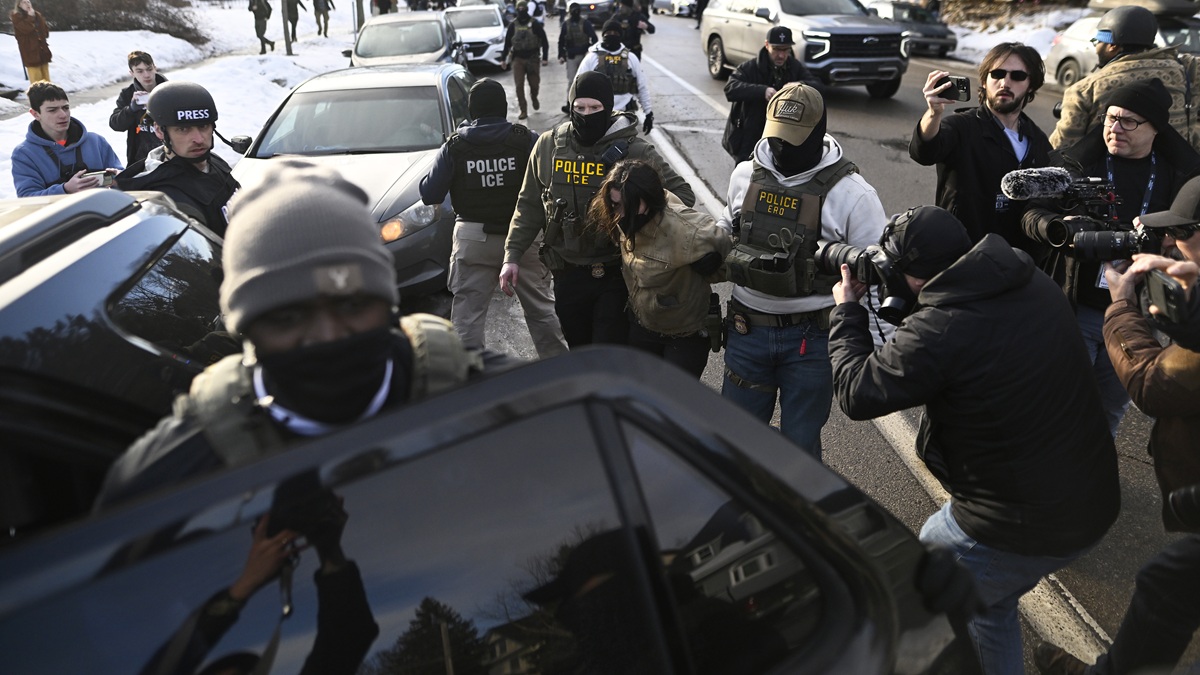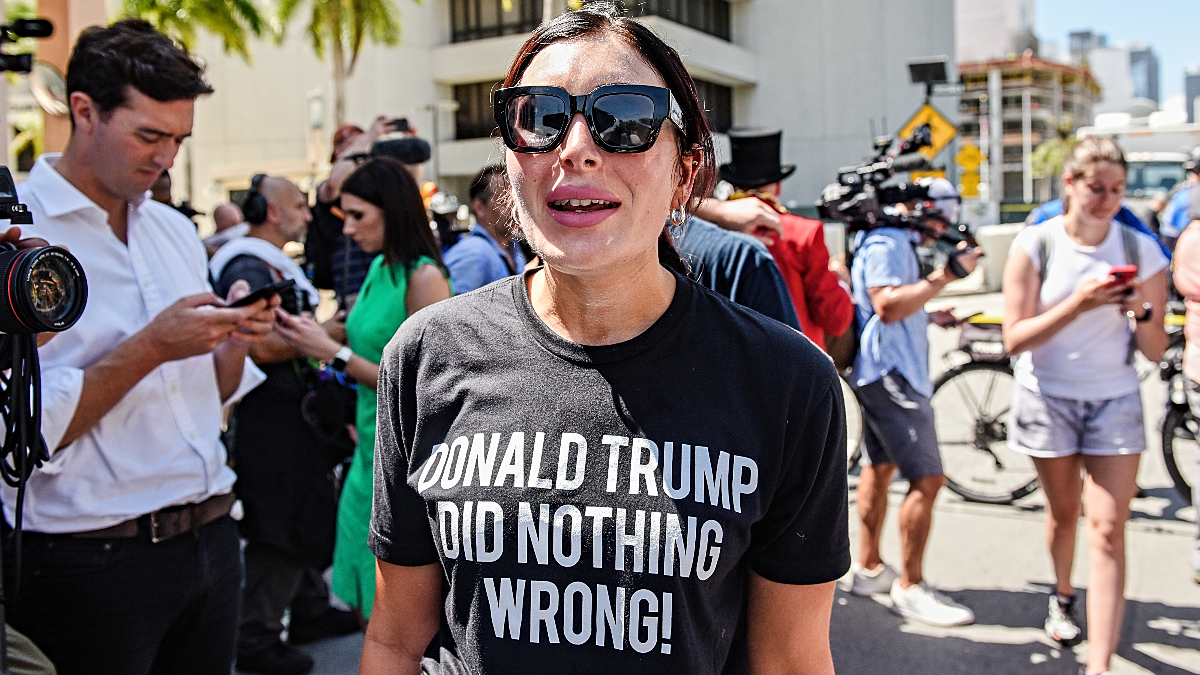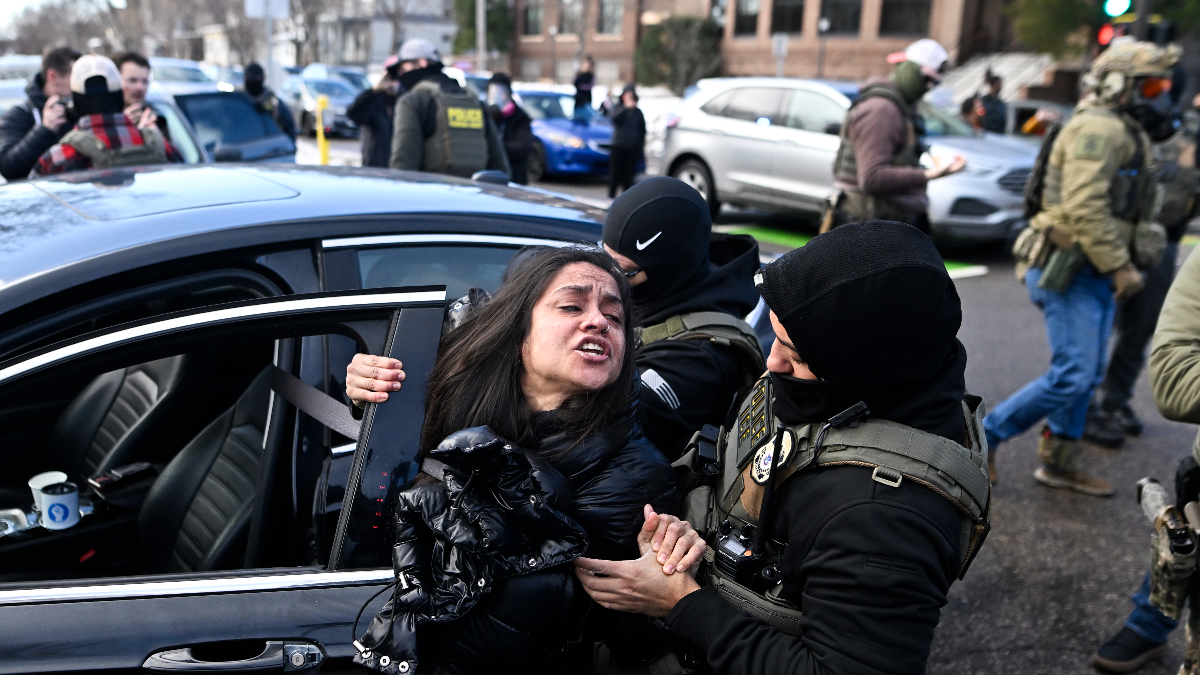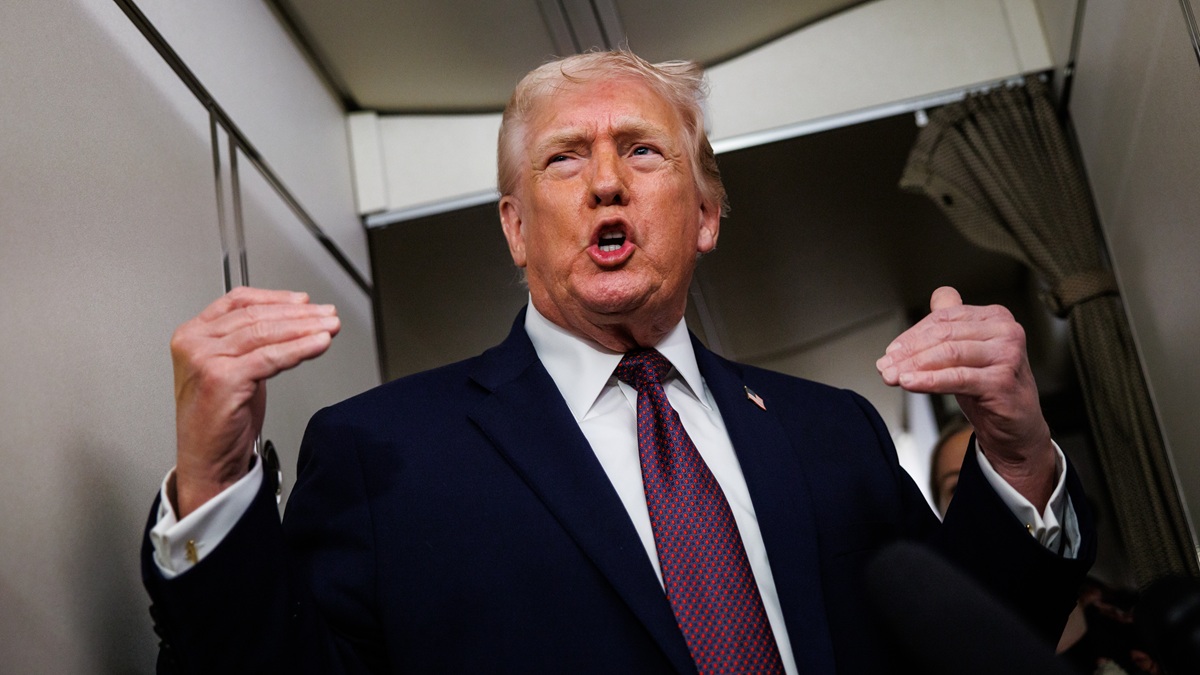Four episodes were provided prior to broadcast.
There isn’t much hand-holding in the opening hours of HBO’s insane new epic Westworld. Like the guests in the show’s western theme park, there isn’t a helpful guide to show you around, or a succinct orientation video with a dancing DNA strand to fill you in on bits and pieces of how the park even started. As one of Westworld’s robot “hosts” says to a nervous guest early on, “figuring out how it works is half the fun.”
Truer words couldn’t be spoken about the first four hours of Westworld, which is both a terrifying disaster-in-slow-motion and a rollicking adventure, all rolled into a plot that has so many levels of storytelling you’ll be obsessed with its nascent mythology by the end of the pilot’s goosebump-inducing opening scene. But it’s never obtuse, never needlessly highbrow, nor snotty about how endlessly clever it is. That’s because co-creators Jonathan Nolan and Lisa Joy take the host’s quippy line by heart: figuring out how Westworld works is half the fun. The other half is watching Nolan and Joy slowly bring the whole thing crashing down.
In one of Dolores’s (Evan Rachel Wood) “maintenance sessions,” we’re introduced to her daily routine: she wakes up, greets her porch-reclining dad, ponders painting the wondrously idyllic landscape, and eventually heads into town for a few menial errands. Sometimes she’ll come across mysterious interloper Teddy (James Marsden), or greet one of many newcomers into her little town of Sweetwater, none of whom she pays much mind. She’ll ride home to a tragedy every night, and wake up every morning, destined to repeat it all on an endless narrative loop.
[zergpaid]That’s because Dolores – and a couple thousand other people that make up Sweetwater and the miles of land surrounding the town – is a robotic host populating a tourist attraction known as “Westworld,” where high-paying vacationers play out fun and demented (mostly demented) fantasies, with none of the consequences of the real world. Dolores’s specific narrative is one scripted to entice a guest to help save her stranded family from dangerous criminals; there are also bounty hunts, riverboat escapes and your basic, no-frills brothel visit, where the sassy head honcho Maeve (Thandie Newton) will encourage you to be – and take – whatever you want.
The mechanics of how all of this is managed, reset, and kept up on a daily basis forms the slow mind-implosion that is Westworld, with just enough small details left over for you to – you guessed it – keep figuring out how it all works. And that’s probably the show’s biggest achievement so early on: it’s immediately fascinating.
Between the dusty, barren Sweetwater and the oppressive concrete compound built into a cliffside where the puppet masters pull their strings, both parts of the world are richly detailed and diversely visualized, but it’s never abrupt in its transitions. Scenes flip from tumbleweed main street shootouts to an antiseptic underground lab stocked with horrific, naked hosts waiting to be awoken and sent topside, but the two worlds coexist because of how believably tangible they both are, and how seriously Nolan and Joy treat the plot developments within each, no matter how insane.
The cast helps greatly in that same regard. As the virginal farmer’s daughter beginning to question the nature of her world, Evan Rachel Wood is remarkable. Undergoing maintenance by the head of Westworld’s Programming Division, Bernard (Jeffrey Wright), she shifts from a binary, affectless presence reading its diagnostics out loud, and then back to her programmed narrative of a homegrown southern belle with such dramatic speed and economy as to recall the efficiency of an actual robot. Of course, the more she sees the strings of her creators tugging at her within Westworld, the more Wood has to play with, and the more giddily addictive the show becomes.
A similar fate begins to smother Maeve, and Newton’s performance not only gives Westworld a few gut-wrenching moments of pity and horror, but its first straight-up water-cooler cliffhangers (episode 4’s is a factual doozy). And that’s just four members of the cast, there’s also the villainous Man in Black (Ed Harris), who’s out looking for the true purpose of Westworld’s existence; the park’s no-nonsense operations lead Theresa (Sidse Babett Knudsen); and a few colorful Westworld employees, including coder Elsie (Shannon Woodward) and hired muscle Stubbs (Luke Hemsworth), who clash in a predictable logical-vs-practical method of problem solving that’s nevertheless entertaining when they’re forced to work together to find an oddly behaving host.
Westworld is full of fun story threads like that, particularly in episode 2’s introduction of William (Jimmi Simpson), who’s a first-timer to the park and on vacation with ribald best friend Logan (Ben Barnes). But none of its weirder concepts would work if it didn’t have the intellect to back them up, and, in the first four hours at least, Westworld proves aggressively smart. The basic ideas and themes at play are nothing new (at one point Bernard pointedly hands Dolores a used copy of Alice’s Adventures in Wonderland), but the sheer scope and well-handled execution make some obvious, self-aware turns feel new again. Really, anyone who’s found deep satisfaction in Michael Crichton’s well-trodden themes from stories like Prey and Jurassic Park – particularly of humanity’s unchecked ego resulting in disaster that’s well past our control – will find a helluva lot to chew on here.
Maybe when the show succumbs to its hosts’ narrative loops is when it feels least stirring. Although a few on-the-nose lines humorously reflect the hammy nature of the park’s scripted events, courtesy of narrative director Lee (Simon Quarterman), some early-on stories that solely focus on the unaware robots following a pre-set path feel comparably dull. Likewise, small amounts of tension are diffused upon the discovery of who’s a guest and who’s a host (the former can’t die in the park, the latter do, until a narrative reset), making the stakes of the show feel somewhat small.
It’s nothing that even nears justifying leaving Westworld in the dust though, and some initial repetition solidifies a few more intriguing turns later in the season. That’s especially true when one of Bernard’s software updates (which kicks off the pilot) begins catalyzing terrifying changes in the hosts’ code, and the rules you thought they were supposed to abide by, leading to some heady and fulfilling philosophical posturing on what defines consciousness, and what excuses the slave-like treatment of creatures deemed to lack it.
Yet, it’s still undeniably fun, despite even an overall sense of dour gloominess that its serious themes can’t help but elucidate. Westworld has its head near-bursting with new angles on old sci-fi themes, honoring the source material’s creator in the process, but it’s also a crowd-pleaser in the vein of HBO’s most pristine, top-shelf geek offerings that slowly eke out existence in the mainstream. Nolan and Joy’s tricky concepts seem initially too intricate to gain ground, but I’d be downright shocked if the masterful, lively, tremendously disturbing outcome of one simple idea – what if robots ran amok at a theme park? – didn’t come to dominate the fall TV season.























































































































Published: Sep 18, 2016 03:34 pm